Integrated Training Plants
There is a growing interest among our customers in constructing integrated process training plants to model or mimic an oil and gas production facility. We refer to this a “capstone” facility that would generally be used in the final stages of a training program providing the powerful hands-on experience of an integrated facility. It compliments the unit operations training delivered beforehand that is delivered using DarbyTech’s standalone Trainers and Demonstrators.
In an integrated plant, several stages of operation are linked in a series, providing a realistic model of a real operating plant. The plant consists of a series of modular, skid-mounted units joined together with a control system, emergency shut-down system, etc. Real or mimic fluids and process conditions are used, depending on the processes being modelled. Wherever possible, the process fluids are recycled. The safest of fluids and process conditions are chosen to ensure realistic operation while maintaining low safety or environmental risk.
General Considerations
When considering such a high-level facility several key points must be considered:
- The processes the graduates will be expected to understand and operate
- The competency level the new graduates will be expected to demonstrate
- The typical career path for the graduates (e.g. entry level, up-grading of existing operator skills)
Practical considerations which may impact on the type of hands on experience are noted below:
- Some processes can be scaled without difficulty and thus can be operated very realistically. Typically these are physical processes without chemical reactions.
- Some processes are difficult to scale and operate realistically for student purposes. Even if small scale processes are available, the start-up and shut-down times, and process complexity are beyond the most normal training schedules. Safety must also be a concern when operated by inexperienced students. Examples of this include
- centrifugal compressors which are not available in small sizes and
- chemical reactions, typical of the petroleum industry, which usually require high pressures and temperatures. While certain aspects can be scaled, generally heat losses are significantly out of proportion resulting in the need to house such units in high-temperature ovens.
- Units which are difficult to scale and are more amenable to “mimic” real process conditions for example would be the use of fluids under safe conditions which appear to operate but which do not really react
- Computer based simulations can also provide a very realistic control-room experience for selected parts of a process. This is an especially powerful training tool if there are both real and simulated stages present.
Example Processes
- The following process units are recommended:
- Oilfield production unit integrating inlet separation, secondary separation, gas processing and compression, oil and water pumping and storage etc. This would model an upstream facility
- Ancillary processes such as desalination, steam and power production
The following processes are not recommended for inclusion in the proposed plant. The chemical reactions involved in the above processes are often at high temperatures and pressures and not well suited for small-scale operations, or safe and practical for student operation. These may be best modelled either by mimic trainers or high-level computer simulators directly interfaced with Distributed Control System (DCS) software.
- Selected oil refining processes
- Downstream process technologies that would be encountered in hydrocarbon based derivative processes e.g. fertilizer, methanol, glycol or plastics production.
Phased Development A phased approached is recommended for the development of any proposed integrated production plant:
- Phase 0 – Preparation of an Information and Strategy Proposal (Expression of Interest)
- Phase 1 - Prepare a detailed process specification, design and definitive budget based on customer’s specific requirements.
- Phase 2 - Detailed engineering, fabrication, testing and shipping of the equipment, site preparation and preparation of the associated training modules
- Phase 3 –On Site Commissioning and Training
DarbyTech can offer expert advice and consultation on the development and design of an integrated training plant as well as fabricate, commission and train trainers on the use of this equipment. Contact us directly for details.
Contact DarbyTech
For detailed technical information about specific DarbyTech Training Equipment, including pricing for budgeting purposes or a quotation, please complete and submit this information:
